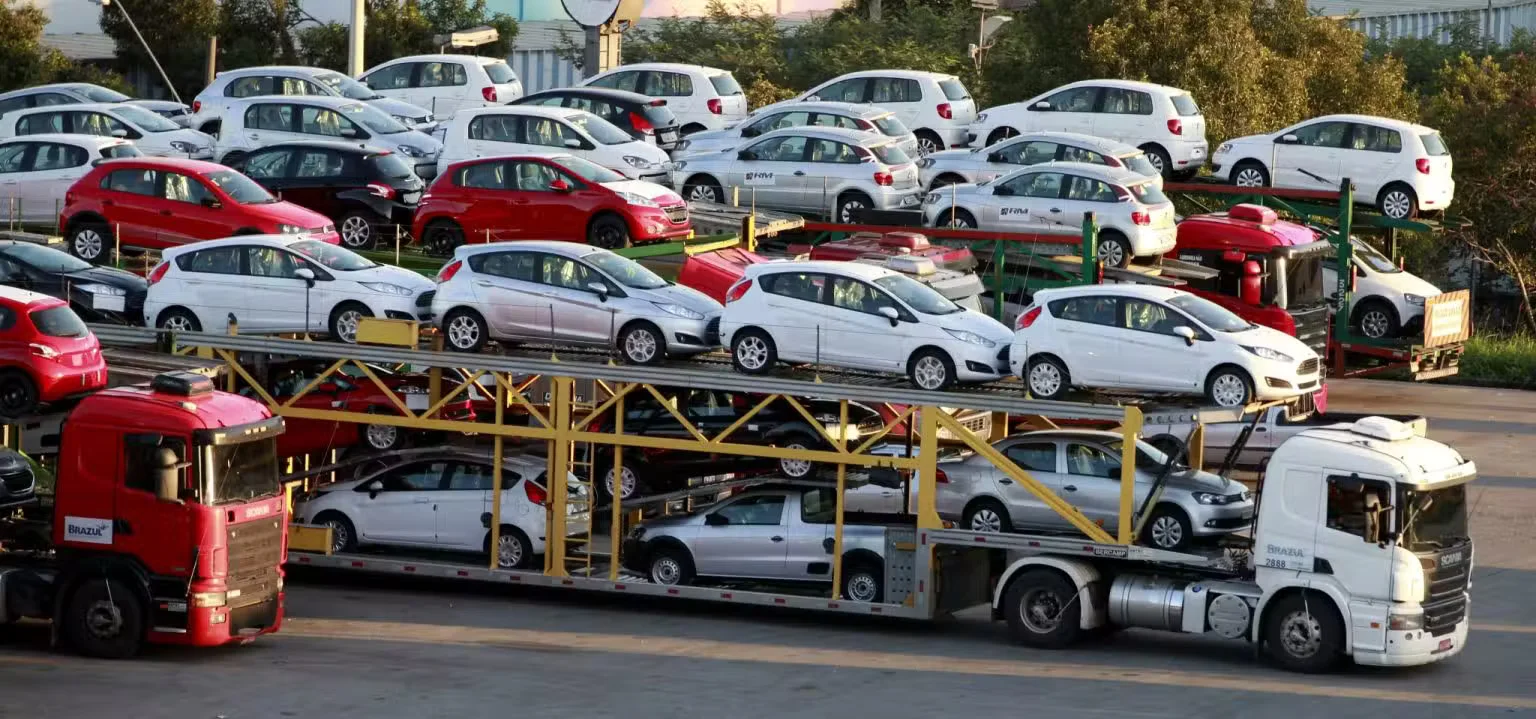Islamabad, June 21, 2025: In a major policy shift, the International Monetary Fund (IMF) has greenlit Pakistan’s proposal to permit the import of five-year-old vehicles starting from September 2025, as revealed by Ministry of Commerce officials during a Senate Finance Committee briefing.
As part of the new policy framework, these older imported cars will initially carry a 40% additional duty, aimed at balancing revenue with consumer access. However, this extra charge will be gradually reduced by 10% annually from the 2026-27 fiscal year, and fully phased out over time—eventually subjecting imports only to standard duties. Moreover, starting FY27, vehicles up to seven years old will also be allowed into the country.
Officials confirmed that the previous restriction limiting imports to cars not older than three years has now been removed. Notably, vehicles brought under the baggage scheme will be exempted from the additional 40% duty, though a 700-day overseas stay condition will be required for eligibility under this category.
Senate Committee Rejects Amendments to PFMA
During the same session, the Senate Standing Committee rejected proposed changes to the Public Finance Management Act (PFMA) suggested by the Ministry of Finance. Officials argued that the existing legislation already grants financial authority through Parliament. However, lawmakers directed the Ministry to redraft the amendments, insisting on stronger institutional checks.
Senator Anusha Rehman raised concerns about the handling of surplus profits and dormant public funds, demanding that all public entities be subject to audits by the Auditor General of Pakistan. The Ministry agreed to amend the term “business entities” in the proposed bill to “public entities.”
Additionally, Finance Division officials disclosed that Port Qasim Authority declined a request to transfer surplus funds, citing the need for coordination with the relevant division, which has yet to respond.
Read More: Govt Unveils National Electric Vehicle Policy 2025–30
Major Customs Duty Reforms Announced by FBR
In parallel, the Federal Board of Revenue (FBR) shared updates on its customs duty reforms. According to Member Customs Operations, the duty structure has been revised on 35% of tariff lines, with new slabs of 5%, 10%, and 15% replacing the old 3%, 11%, and 16% categories. Furthermore, 916 additional tariff lines will now carry zero duty, increasing the total number of zero-rated items to 3,117.
This overhaul is expected to simplify trade and promote competitiveness in key sectors, aligning with Pakistan’s broader fiscal and trade goals under IMF oversight.









